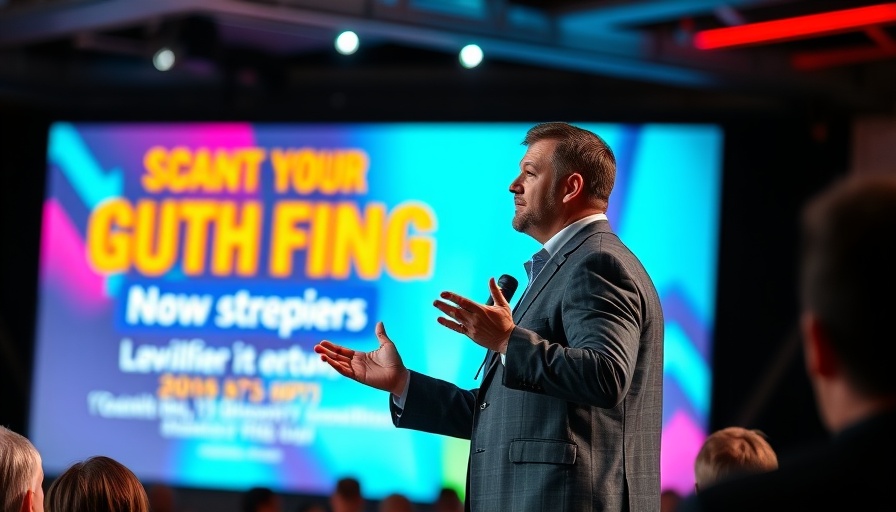
Understanding the Intersection of Family Dynamics and Workplace Culture
In today's corporate landscape, the complexities of workplace culture extend far beyond policies and practices within the office. At their core, these cultures often reflect the family dynamics that their leaders experienced in their formative years. The concept that 'the team here is like a family' resonates with many, suggesting a bond of closeness and trust. Yet, as numerous studies indicate, the intricate nature of familial relationships can produce varied outcomes—both positive and negative—within the workplace.
The Ripple Effect of Early Household Experiences
Family structures play a crucial role in molding future leaders. For instance, a 2020 study uncovered vexing patterns that indicate children raised in traditional family hierarchies—where patriarchy and academic achievements were prominent—tend to maintain these biases in professional settings. Such dynamics are not merely sentimental; they inform behaviors, values, and even biases in decision-making as adults. Observations reveal that CEOs raised in these settings often extend their childhood lessons into budgetary decisions, favoring male managers over their female counterparts.
How Birth Order Influences Leadership Styles
Additionally, the theory of birth order suggests significant implications for leadership style. Research indicates that firstborns frequently display traits aligned with leadership effectiveness. They are often born into a role of responsibility, fostering traits such as organization, decisiveness, and ambition. On the contrary, younger siblings may exhibit creativity and adaptability, yet they struggle with authority. Understanding how these traits manifest in workplace roles can help organizations leverage their human capital effectively, ultimately cultivating a more engaged, dynamic workforce.
Future Insights: The Need for Experiential Diversity in Leadership
As workplaces increasingly advocate for diversity and inclusion, it's vital for organizations to recognize the experiential diversity that leaders bring to the table. Managers who adopt different cultural backgrounds and emotional histories contribute a more multi-faceted perspective on leadership. Encouraging a broader experiential base promotes inclusivity, cultivates adaptive cultures, and fosters innovation. As leaders reflect on their upbringing and the dynamics they experienced, they can address and overcome entrenched biases that hinder collaboration and equality within their teams.
Real-World Application: Making Changes in Leadership Style
Education in leadership must encompass emotional intelligence and an understanding of familial background as critical components in shaping workplace culture. Executives should consider workshops and training sessions that delve into the implications of family dynamics. Skills such as empathetic communication and inclusive decision-making can be instrumental in assisting leaders to develop healthier relationships in the workplace, enhancing team cohesion and overall productivity.
Lessons from the Past: Understanding Personal Histories
Connecting workplace behaviors to childhood experiences can sometimes evoke a spectrum of emotions among leaders, urging them to explore their own histories. This is not about assigning blame; rather, it’s an encouragement to understand. Leaders who recognize how their upbringings influence their professional personas can transform these insights into strengths, improving not just their performance but that of their teams.
Conclusion: The Responsibility of Leadership
As business leaders and executives to shape the culture within their companies, understanding how family dynamics play a role is paramount. By acknowledging personal histories and their implications on leadership styles, organizations can foster a more collaborative and inclusive atmosphere. This understanding can lead to targeted changes, creating more equitable workplaces while driving performance. To embark on this journey, leaders must reflect, engage in dialogue, and be open to learning. Understanding our past can yield a brighter future.
 Add Row
Add Row  Add
Add 




Write A Comment